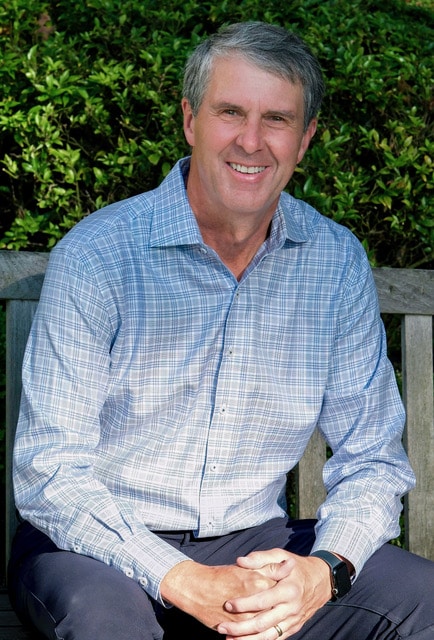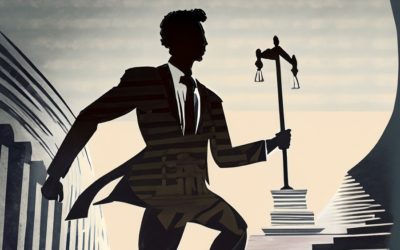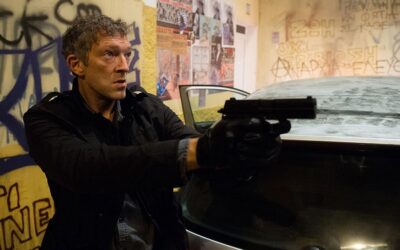
Our Imperfect Heroes
Robbie Bach
When I speak publicly on innovation and managing change, I often talk about my “Avengers theory of leadership.” The basic premise is that each of the Avengers comic heroes has a superpower. Ironman is smart, Hulk is powerful, Black Widow is stealthy, Thor has his hammer. But to mix comic universes, they each also have their Kryptonite – blind spots – that exposes them to enemies and ultimately makes them more human.
Ironman is egotistical, Hulk has no control, Black Widow struggles with her past, Thor is too war-like. Why do we expect and respect flaws in our leaders? For us as readers and viewers, why do these flaws enhance rather than detract from our love for these characters?
When we read a thriller, part of the attraction is our ability to put ourselves in the shoes of the character. We try to imagine what we would do in their circumstances, how we would react, and whether we would measure up. For that immersive experience to happen, the protagonists in the story must be relatable. If they are too “perfect,” how could we ever see ourselves in their shoes? Deep down, we all know that we have flaws, weaknesses, and foibles. To be believable and obtainable, our heroes should have the same types of challenges.
That thought forms a nice transition to another factor in this discussion. Part of the “thrill” in a great thriller is the element of overcoming obstacles. Sometimes those conflicts are generated by the antagonists we face. They have their own superpowers that create challenges that our heroes must overcome. But quite often our heroes face difficulties of their own making. They struggle with their own emotional issues, their internal demons, or the actions they take that turn out to be ill-advised. I believe it is these internal challenges that create the most enthusiastic interest in our heroes. Anyone can climb a mountain placed in front of them, but can you do it when you are afraid of heights? We relate so deeply to these types of problems because they speak to our own life lessons. Put bluntly, because we experience their humanity, we can relate more to our heroes and their own internal struggles.
Great thrillers are based on the premise that plot twists will surprise and delight us. These turning points are often generated by external events – a sudden storm, an unexpected attack, a friendly character who is exposed as a mole for the enemy, etc. Authors spend hours coming up with ways to surprise us during the action, and the foreshadowed but well-disguised twists are authorship genius. With that said, heroic flaws are another source of thriller surprises. Exposed weaknesses lead to hidden attacks that we don’t expect. And again, sometimes we can feel the foreshadowing and do nothing about it because our hero is barreling ahead. How often have I said while reading, “don’t do it, don’t do it…” and then he or she does it anyway because they can’t help themselves. Human unpredictability is the grist that authors use to keep us on the edge of our seats.
Thrillers thread a fine line between exceptional behavior and human reality. Our heroes do exceptional things – often acts that are at the limit of what is believable. If the action goes too far “over the top,” the entire premise fails and we lose interest in the story. Character flaws are one element that brings the story back from the edge of unbelievability with a dose of human frailty and reality. Even if our hero summons super-human strength to lift a steel beam off someone’s leg in the middle of a fire, we “believe” because we also know that character is not perfect in other ways. Thriller authors are constantly fighting the balance between the “exceptional” and the “believable” and flaws provide some of that balance.
Returning to my Avengers theory of leadership, the beauty in having superpowers and blind spots is that others can fill in the gaps. When our heroes are imperfect, there is room for other characters in the story to play their role. This adds depth and interest to the story and enables new plot lines (and sometimes entire spin-offs) based on the secondary characters. As these other actors play their roles, their interactions with our hero become another source of interest. Relationships develop. New opportunities for twists and turns reveal themselves. We are drawn deeper into the story.
Ultimately, we love our heroes because we aspire to their greatness and look up to their achievements. We do this knowing full well that we are unlikely to reach their heights. And yet for the aspiration to be real, heroes must have enough humanity, with enough flaws, that we can still say, “I could be just like her.”
About the Author
Robbie Bach is a bestselling author and former tech executive who helped lead Microsoft through some of its most dynamic years. As the Chief Xbox Officer, he spearheaded the creation of the iconic Xbox and Xbox 360. After retiring from Microsoft, he shifted his focus to philanthropy, civic advocacy, and storytelling.
His first novel, The Wilkes Insurrection, introduced readers to Senator Tamika Smith in a high-stakes battle against a domestic terror conspiracy. In his latest novel, The Blockchain Syndicate, Bach continues the gripping saga as Tamika faces a cryptic criminal syndicate threatening America’s financial and political foundations.
With sharp insights into both technology and public life, Robbie brings a unique perspective to the most urgent issues of our time. Robbie joins us now to talk about the real-world issues behind this gripping story.
For more information, go to theblockchainsyndicate.com

More Thriller Features
Political Thriller Protagonists
What are the qualities of a good protagonist in a political thriller?
Spy Thriller Villains
Unraveling the Bad Guys of Espionage Fiction
Political Thrillers for Independence Day
4th of July Political Thrillers



